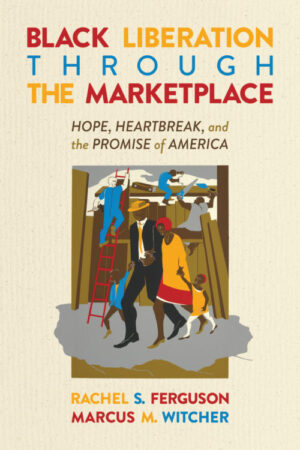What’s the connection between classical liberalism and your project?
You have two polarized approaches. One approach is saying our history of race is so fraught that it undermines the American project altogether. The other extreme is saying that racism is all over, and we can stop talking about it. What we’re offering as classical liberals is actually not just a perspective, but a legacy of classical liberal thinkers and activists who have fought for Black rights. You might think, is it possible to be a pro-Black, limited government thinker? Not only is it possible, it was an incredibly important part of Black American history: William Lloyd Garrison, Frederick Douglass, founders of the NAACP, Rose Wilder Lane, George Schuyler, Zora Neale Hurston, T.R.M. Howard. People are confused if they’re thinking that you either have to not care about our history of race and propose a limited government or be pro-Black and big government.
What is economic justice?
As classical liberals, we define economic justice as the outcome of a system that honors people’s rights to themselves, to property, to freedom of contract, and to an equal system of law.
How does corporate faith fit into this conversation?
It’s absolutely central to the story. The dream of freedom and of economic independence was in many ways inspired by the emphasis on two theologies in the Black church tradition: the doctrine of imago Dei and the story of the Exodus. In the time of slavery, enslaved people often had secret meetings at night called hush harbors. These were essentially church services. And as people met in secret, they began to formulate dreams of freedom. What we see is a group of people who, because of their corporate faith, were ready to grab hold of the opportunity for freedom the minute they saw the opportunity. I would quote Lincoln and Mamiya, who called the Black church the cultural womb of Black America.
